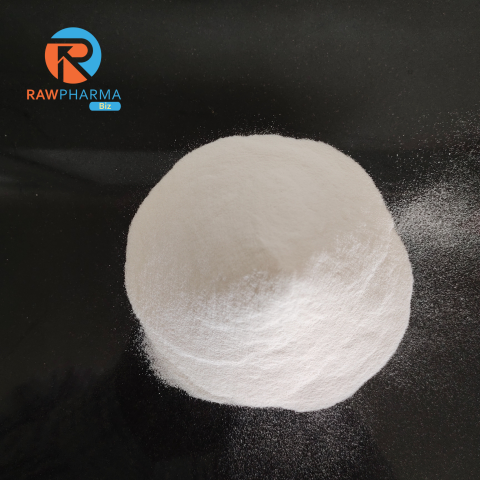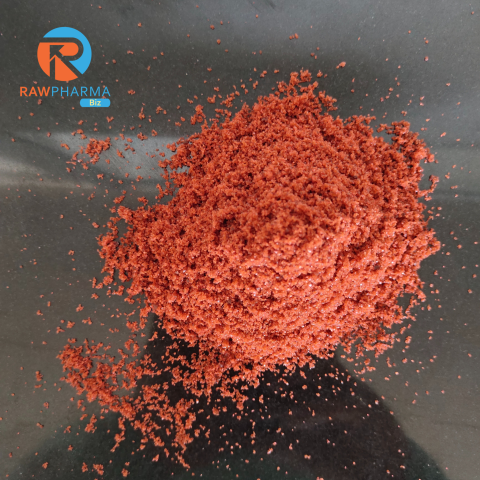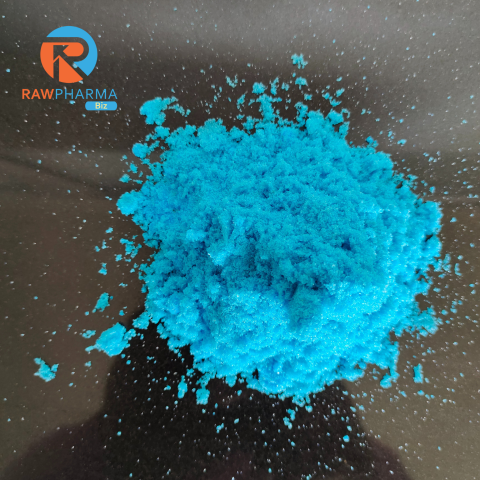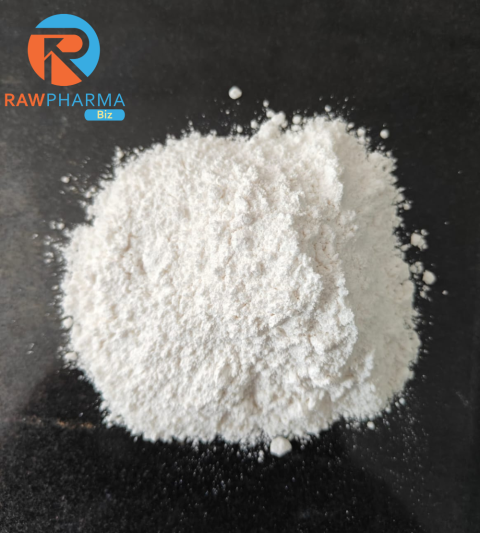Vitamin B3 Feed Grade [Niacin] 25Kg Pack
Short Descriptions
Vitamin B3, also known as niacin in feed grade, is an essential nutrient used in animal feed formulations. Niacin is a water-soluble B vitamin that plays a vital role in the metabolism and overall health of animals. It is necessary for energy production, proper functioning of the nervous system, and the maintenance of healthy skin and coat. Incorporating feed-grade niacin into animal diets helps ensure optimal growth, metabolism, and overall well-being.
More Information
Details
Vitamin B3, commonly referred to as niacin, is a crucial dietary component for animals in feed grade formulations. This water-soluble B vitamin is essential for the well-being and performance of livestock and poultry. Niacin, in its feed-grade form, plays multifaceted roles in supporting the health and growth of animals. One of the primary functions of niacin in animal nutrition is its pivotal role in energy metabolism. It acts as a coenzyme in various enzymatic reactions, facilitating the conversion of carbohydrates, fats, and proteins into usable energy. This metabolic process is fundamental for the overall vitality and productivity of animals, ensuring they have the energy required for growth, reproduction, and various physiological processes. In addition to its involvement in energy metabolism, niacin is indispensable for maintaining a healthy nervous system. It supports the proper functioning of nerves and plays a role in the synthesis of neurotransmitters. This aspect of niacin is particularly crucial for animals' overall well-being and stress resistance. Furthermore, niacin is essential for the development and maintenance of healthy skin, feathers, and fur in different animal species. It contributes to the synthesis of essential lipids and helps keep skin and coat conditions optimal. This is especially significant in poultry, where feather quality can impact insulation and overall comfort. When it comes to the practical application of niacin in animal feed grade formulations, it is typically provided as a supplement to ensure animals receive an adequate daily intake. The inclusion of niacin in feed helps bridge potential nutritional gaps, especially in diets where natural sources of niacin may be limited. Different animal species have varying niacin requirements, and formulating feeds with the appropriate niacin content is essential for achieving optimal growth, reproductive performance, and overall health. In conclusion, niacin in its feed-grade form is an essential dietary component for animals, serving as a key player in energy metabolism, nervous system function, and skin health. By incorporating niacin supplements into animal feed formulations, livestock and poultry producers can ensure that their animals receive the necessary nutrition for robust growth, vitality, and overall performance.
![Vitamin B3 Feed Grade [Niacin] 1Kg Pack](https://rawpharmabiz.com/cache/large/product/496/83V6W3F4q5tGjlNf4GAXgacOs08OOJOKgJl8IYgB.png)
![Vitamin B3 Feed Grade [Niacin] 100Gram Sample](https://rawpharmabiz.com/cache/large/product/497/5g8FmKSn55Or71QqAhsyhVSe0IV5boWZr63FtMNI.png)
![Vitamin B3 IP Grade [Niacin] 25Kg Pack](https://rawpharmabiz.com/cache/large/product/280/NNhFkzdLXcYFhvTjxRpANuTgmBiNeZmEXF1qBAQO.png)





